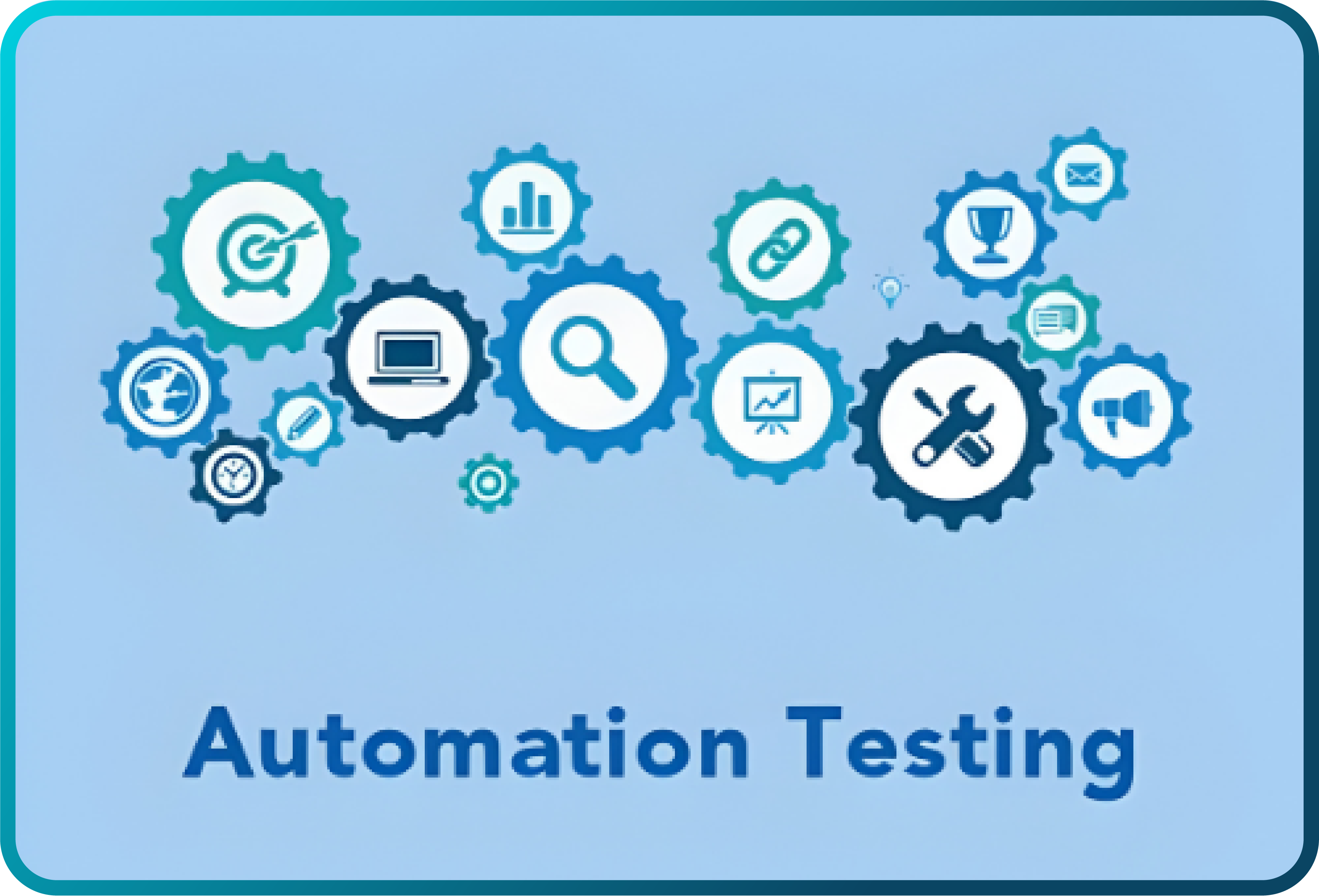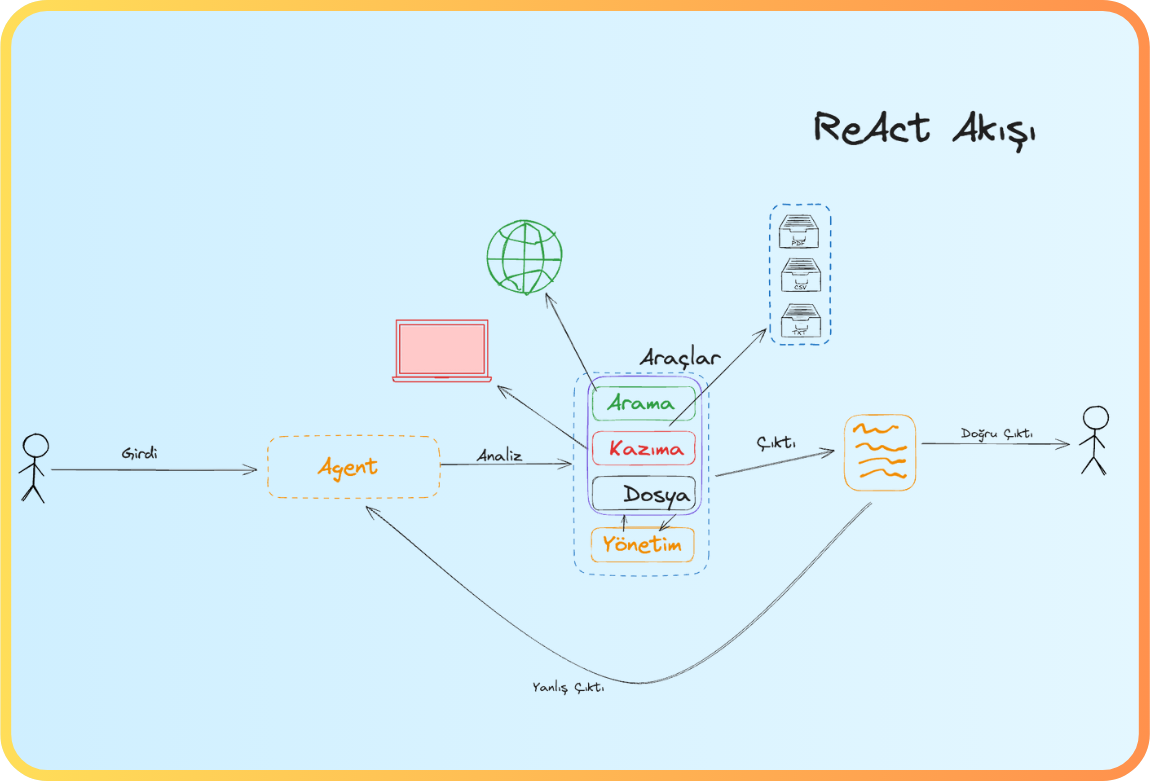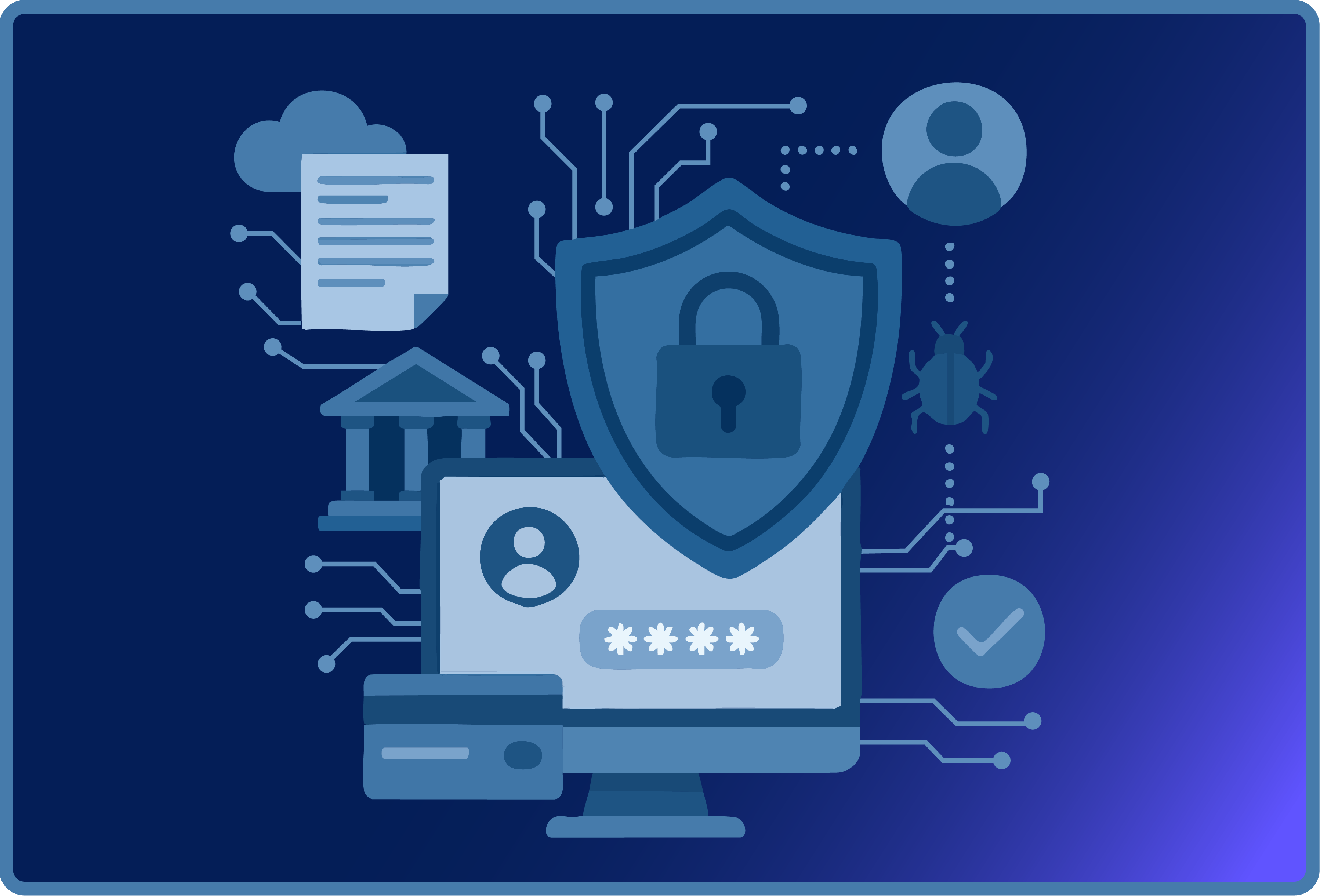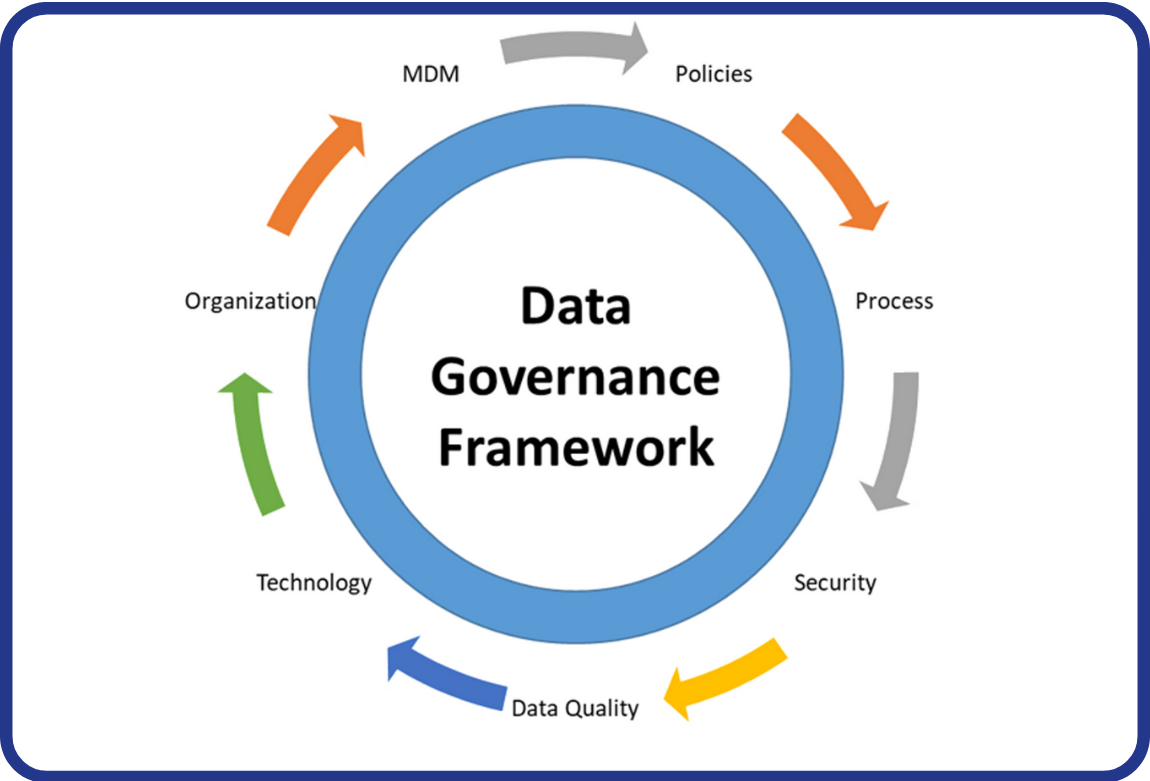
The internet technology that was introduced into our lives in the 20th century has evolved into a different dimension in the 21st century with phones, tablets, laptops, etc. The widespread accessibility and portability of technology have contributed to this change. This technological evolution, which has profound effects on social relationships, has especially become a fundamental element of family relationships. In today’s complex, busy, and pleasure-oriented lifestyle, technology has undertaken an important role as a refuge for families. Thus, instead of threats coming from outside, families are now faced with the threat of technological devices that unknowingly penetrate into their homes, dinner tables, and bedrooms, impacting family and social relationships.
Being a parent and taking on the responsibility of a child has always been a challenging process. However, for parents of the digital age, this task has become even more challenging and complex. Parents not only need to strengthen family bonds and maintain their social life, but also need to lead in ensuring safe and healthy communication between the digital world and their children.

The most challenging issue for parents in the digital age is ensuring that children interact with technology, which now occupies a significant place in our lives, in a balanced and healthy manner from an early age. Introducing technology at a young age can only settle on a healthy ground if guided by the parents. The 0-3 age range is the critical period for rapid brain development. During this period, exposure to phones, tablets, and television negatively affect children’s brain development, social, cognitive, and language skills, as well as their sleep patterns. Therefore, the Turkish Pediatric Association (2) recommends that children should not be exposed to the digital world and should avoid blue screens until the age of 2-3. Similarly, the American Academy of Pediatrics (3) (AAP) provides general guidelines for recommended screen times for children. According to these guidelines, screen time is not recommended for children aged 0-18 months, and focus should be on face-to-face communication and physical activities. For children aged 18-24 months, limited screen time is allowed only if necessary, such as video calls with family members. For children aged 2-5 years, up to one hour of high-quality, educational content under parental supervision is permissible. For children aged 4-6 years and older, screen time should be set based on age-appropriate educational content under parental supervision, with a balance maintained through physical activities. While these pediatric academy recommendations serve as a general guide, each child has different needs. Therefore, parents should carefully manage their children’s screen time and focus on developing healthy habits. It is important to remember that the use of technological devices with blue screens by children can lead to autism and language development delays.
Even though technological devices are designed to be suitable for young children, a child’s ability to skillfully use a phone or tablet is not an indicator of their intelligence or abilities.
Children’s ability to use technological devices should not necessarily grant them unrestricted access to these tools. For technology to be beneficial for children, it must be used under parental supervision. However, this benefit does not apply to early childhood, a period when brain development is most rapid. When the kids start school, a new chapter of technology use commences. The quick and online accessibility of educational materials supports the beneficial use of technology for school-age children. In this context, parents have responsibilities such as ensuring the purposeful use of the internet and other technological materials, ensuring digital safety, controlling screen time, encouraging the use of creativity-enhancing applications, and teaching children how to use information resources.

As children grow older, parents need to be particularly careful about managing screen time and ensuring content safety. To protect their children from potential dangers online, parents should monitor their online activities and implement safety measures.
Failure to establish healthy communication between children and technology by parents can lead to negative social and physical outcomes. Excessive dependence on technology can hinder children’s social interactions, causing them to become introverted and asocial. Additionally, staying indoors and away from outdoor activities can lead to physical health issues. It is the parents’ responsibility to find alternative activities to create a necessary balance and keep their children away from the digital world.
Parenting in the digital age involves supporting children in developing healthy interactions with technology and the digital world while ensuring their safety and promoting responsible usage. Some tips to help parents in this regard can be summarized as follows:
1. Internet Safety: Educate your children about internet safety. Teach them how to create secure passwords, avoid sharing personal information, and research information from reliable sources.
2. Content Control: Monitor the content your children can access. Use web filters and security software to protect them from unwanted content.
3. Screen Time: Set limits on how long your children can use the internet daily.
4. Communication: Maintain open communication with your children. Encourage them to share their technology-related experiences, problems, and questions with you.
5. Be a Role Model: Manage your own technology use in a way that sets a good example. Pass on your good habits to your children. It’s difficult for children to follow beneficial content if their parents are constantly engaged with unproductive social media.
6. Education: Teach your children about digital literacy and media literacy. Help them learn how to make the most of the beneficial aspects of the digital world.
7. Sharing and Privacy: Educate your children on the importance of online privacy and cautious sharing. Emphasize that they should be careful with their personal information and only interact with trusted individuals.
8. Curiosity about Technology: Encourage your children to ask questions about technology. Support their curiosity and desire to learn. Foster creativity through digital tools in areas like game development, coding, and art.
Parenting in the digital age requires being conscious and careful to ensure your children grow up safely and healthy while benefiting from the advantages of technology. Parents relying too heavily on technology for their own comfort can negatively impact their children’s development. Every child is unique, so it’s important to tailor your parenting approach according to your child’s age, maturity, and individual needs.
References
(1) CNN, “Screen time linked with development delays, study finds” Retrieved [December 1,2023] from https://edition.cnn.com/2023/08/21/health/screen-time-child-development-delays-risks-wellness/index.html
(2) Turkish Pediatric Association Retrieved [December 1,2023] from https://turkpediatri.org.tr/
(3) American Academy of Pediatrics Retrieved [December 1,2023] from https://www.aap.org/
(4) Foothills Academy Retrieved [December 1,2023] from https://www.foothillsacademy.org/content/image/201112-190040/Little-boy-playing-video-game-1255626458_1256x838-variants/image-532-resource_page_hero_details/Little-boy-playing-video-game-1255626458_1256x838.jpeg


 Back
Back
























































